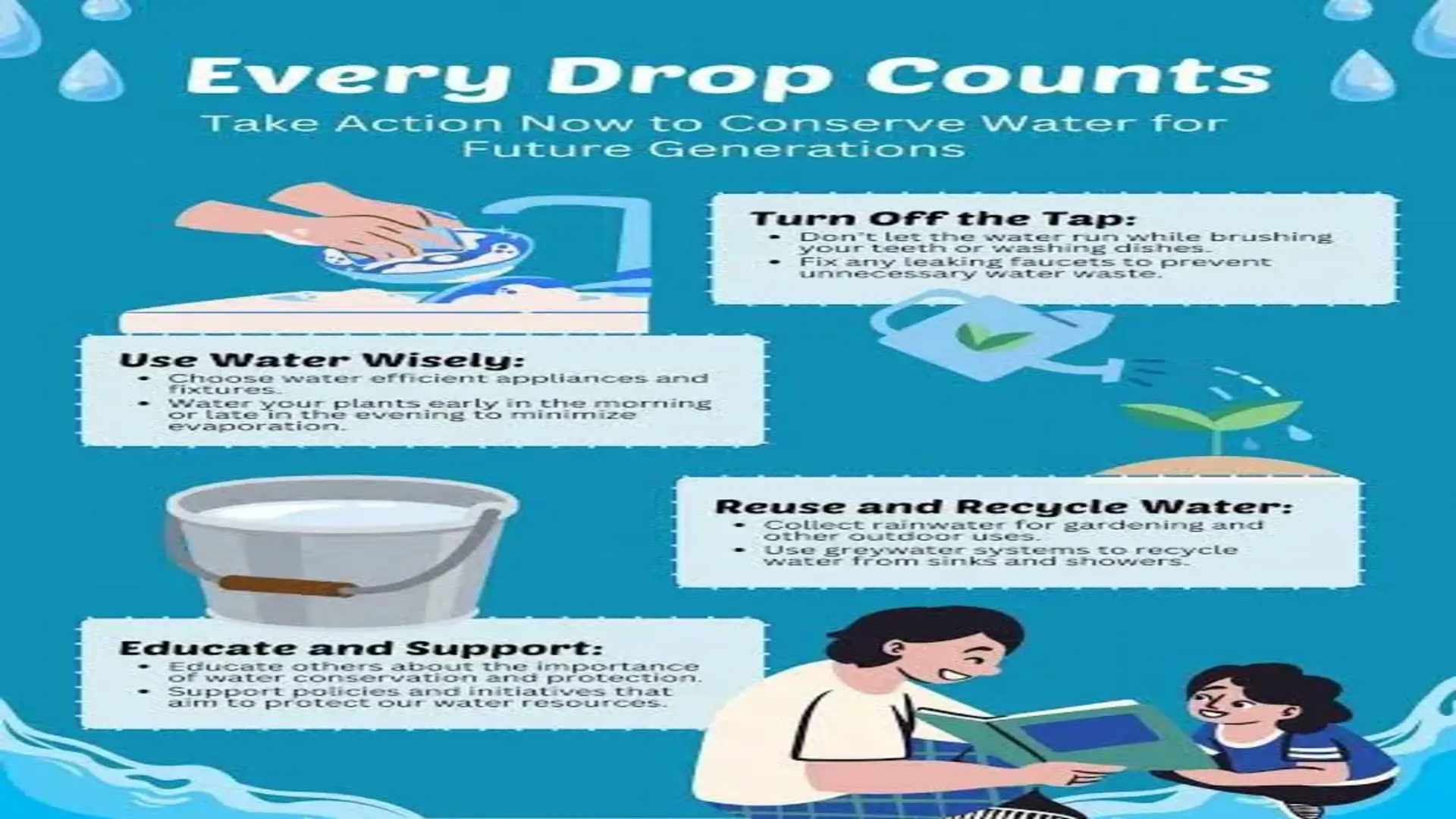The Union Cabinet in July 2020 approved the New Education Policy (NEP), which aims at universalization of education from Preschool to Secondary level. NEP 2020 will replace the National Policy on Education (NPE),1986 which is an inclusive framework focusing on reforming the elementary level of education to higher education in the country. The policy aims at making “India a global knowledge superpower” and underlines the need for the country to become a Vishwa Guru once again in the field of education.
Major changes that can be expected with the implementation of the New Education Policy are :
- Schooling to begin from the age of 3 years: The revised policy expands the age group of mandatory schooling from 6-14 years to 3-18 years. This new system will include 12 years of schooling with three years of Anganwadi/ pre-schooling. The existing 10+2 structure of school curriculum will be replaced by a 5+3+3+4 curricular structure corresponding to ages 3-8, 8-11, 11-14, and 14-18 years respectively.
- Mother Tongue to be instated as the medium of instruction: The National Education Policy 2020 has directed focus on students’ mother tongue as the medium of instruction even as it sticks to the ‘three language formula’ but also mandates that no language would be imposed on anyone. The policy indicates that education up to class V, and preferably until class VIII, be imparted in students’ mother tongue or the local or regional language wherever it is possible.
- A Single Overarching Body of Higher Education: The Higher Education Commission of India (HECI) will now set up a single overarching umbrella body for entire higher education, excluding medical and legal education. The same set of norms for regulation, accreditation, and academic standards, to be applied to both public and private higher education institutions. The Government aims to phase out the affiliation of colleges in 15 years and a stage-wise mechanism is to be established for granting graded autonomy to colleges.
- Separation between subject streams to be blurred: As per NEP 2020, the rigid separations between subjects’ stream will be done away with. Students will have the liberty to choose subjects they would like to study across streams. Vocational education to be introduced in schools from Class 6 and will include internships as well.
- The Return of the FYUP Programme and No More Dropouts: The duration of the undergraduate degree will be either 3 or 4 years. Students will also be given multiple exit options within this period. Colleges will have to grant a certificate to a student if they would like to leave after completing 1 year in a discipline or field including vocational and professional areas, a diploma after 2 years of study, or a bachelor’s degree after completing a three-year programme. An Academic Bank of Credit will be established by the Government for digitally storing academic credits earned from different Higher Educational Institutions so that these can be transferred and counted towards the final degree earned.
The New Education Policy aims to facilitate an inclusive, participatory, and holistic approach, which takes into consideration field experiences, empirical research, stakeholder feedback, as well as lessons learned from best practices. It is a progressive shift towards a more scientific approach to education. The prescribed structure will help to cater the ability of the child – stages of cognitive development as well as social and physical awareness. If implemented in its true vision, the new structure can bring India at par with the leading countries of the world.
In the current academic session, the curriculum has been redesigned by the school faculty, as per the guidelines of NEP 2020 to bring about a paradigm shift in the teaching pedagogies and learning environment at pre – primary and primary level. The objective is to impart knowledge through an innovative learner-centered approach and to enhance students’ creative and cognitive skills.
For detailed information on NEP 2020, click on the link given below:
https://www.education.gov.in/sites/upload_files/mhrd/files/NEP_Final_English_0.pdf




















